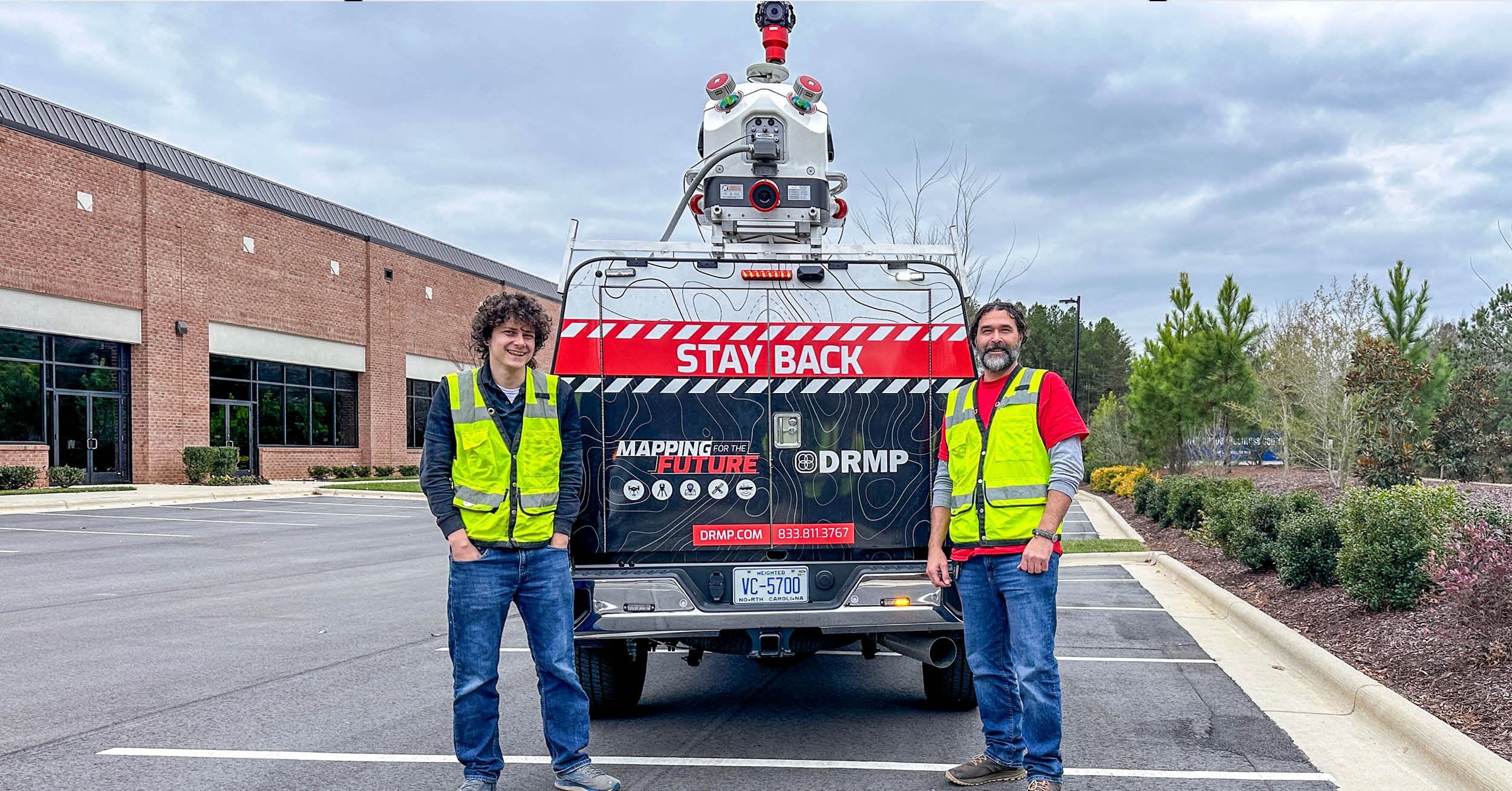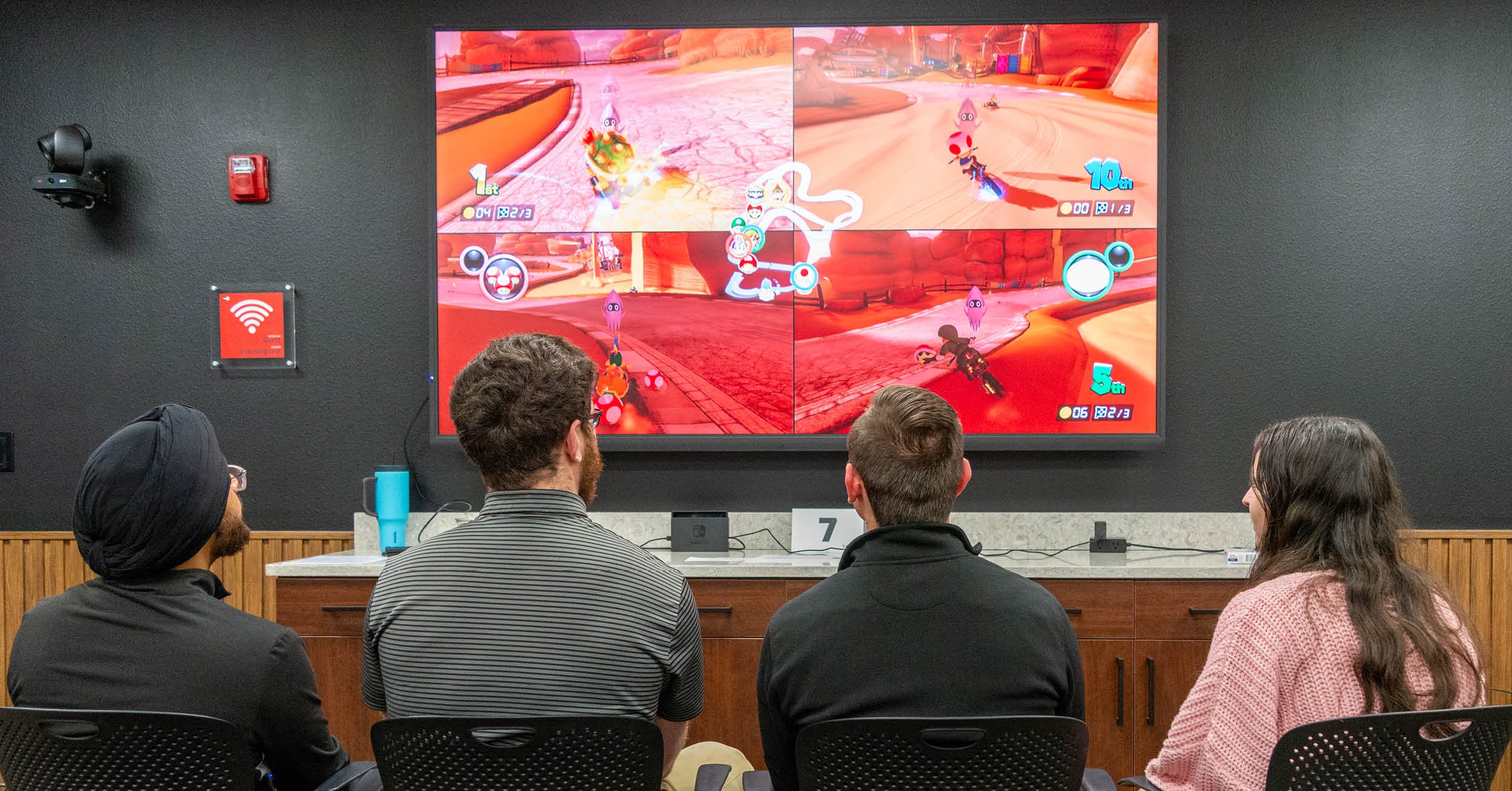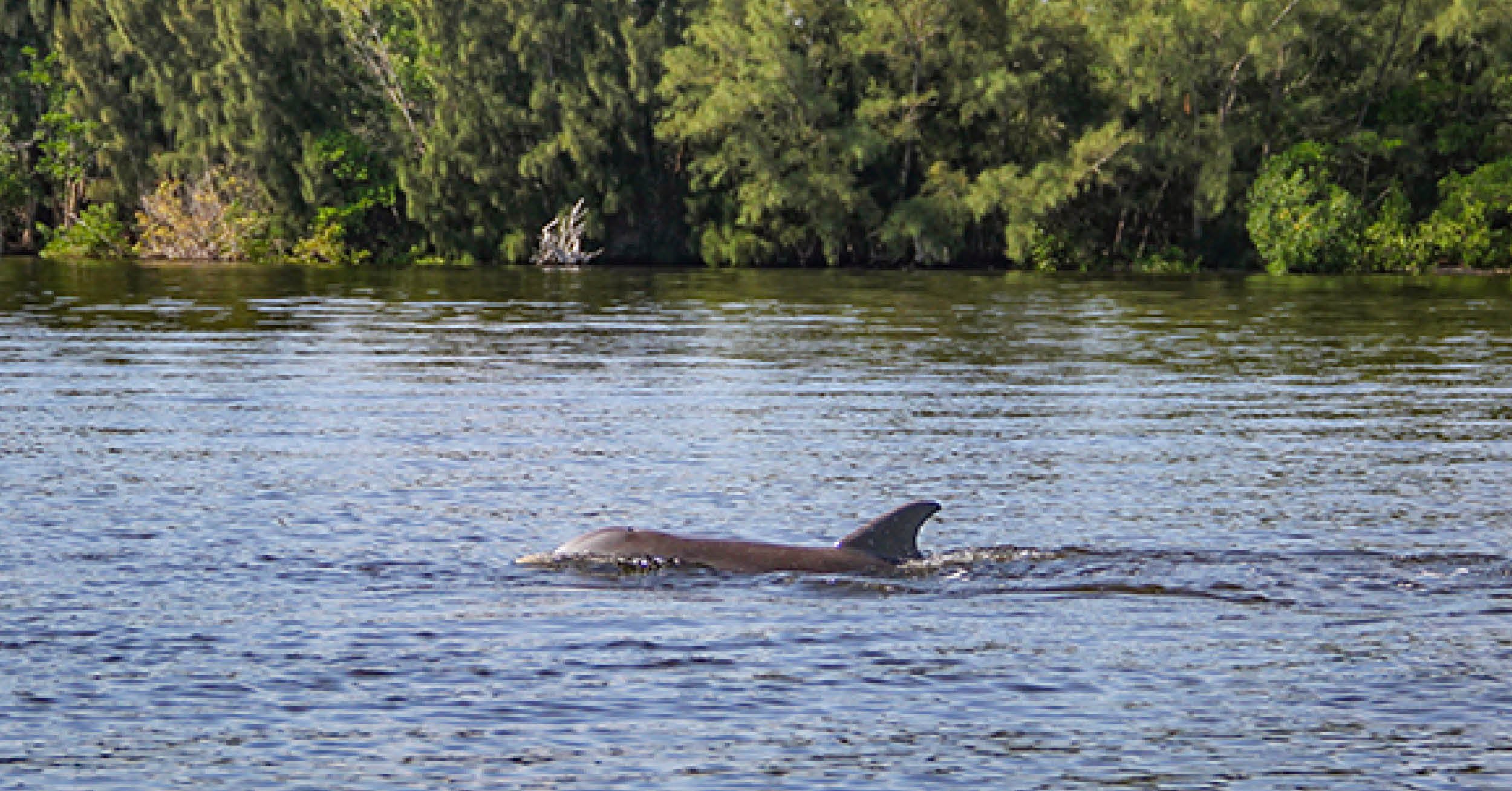As populations grow in major cities, DRMP is helping North Carolina municipalities assess bus transit stations and plan infrastructure upgrades using mobile liDAR to support the increasing demand for public transportation.
In celebration of World LiDAR Day on Feb. 12, we're highlighting how this technology is shaping the future of transit planning. With mobile liDAR, we’re surveying more than 200 bus stations in Raleigh, Durham, Concord, and Chapel Hill to determine if they have the room or right-of-way to construct bus lanes, bus shelters, ADA safety ramps, lighting, amenities, and signage. This project helps communities enhance connectivity and prepare their transit infrastructure for current and future needs.
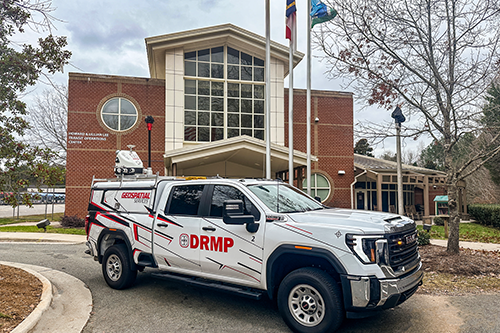
The goal of these projects is to improve community access to transportation by offering an affordable, convenient alternative that reduces commute costs, eases traffic congestion, and provides a more efficient way to travel.
For Chapel Hill, we are conducting a full survey and mobile liDAR scan of about 30 existing bus stations to capture crucial infrastructure details. Since inheriting the contract in 2024, we’ve already completed 30 bus station scans overall for all municipal contracts for these projects using just two operators: one driving the truck and the other running the scanner.
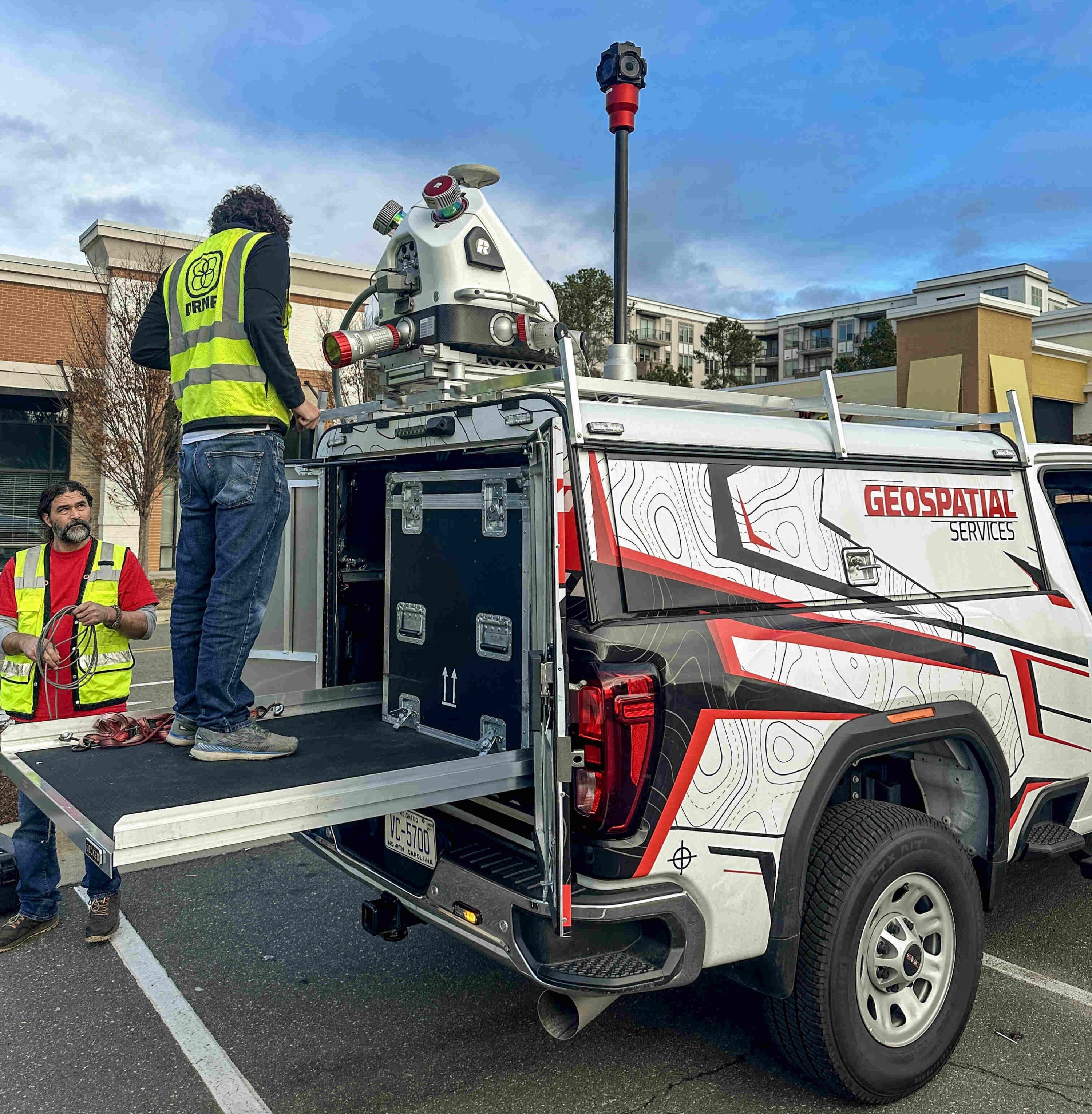
With the addition of our new mobile liDAR truck featuring a high-performance RIEGL system, we’ve strengthened our ability to offer mobile scanning services not only across North Carolina but also in Virginia, South Carolina, Tennessee, and the broader Mid-Atlantic region, delivering faster and more cost-effective results.
As the Raleigh Survey Manager leading this project, I couldn't be more excited for my team. Initially, we were using traditional survey methods on this project, which required more personnel, took up more time, and posed greater safety risks to our field experts who had to perform tasks on-site versus scanning from a vehicle.
Unlike conventional survey methods, which often require multiple visits to the site, mobile liDAR enables us to complete the work in one trip. Plus, the technology captures a broader range of data, allowing us to cover more ground. We can also easily identify potential hazards like ADA ramp issues or low-hanging power lines, which would be harder to detect with conventional surveying.
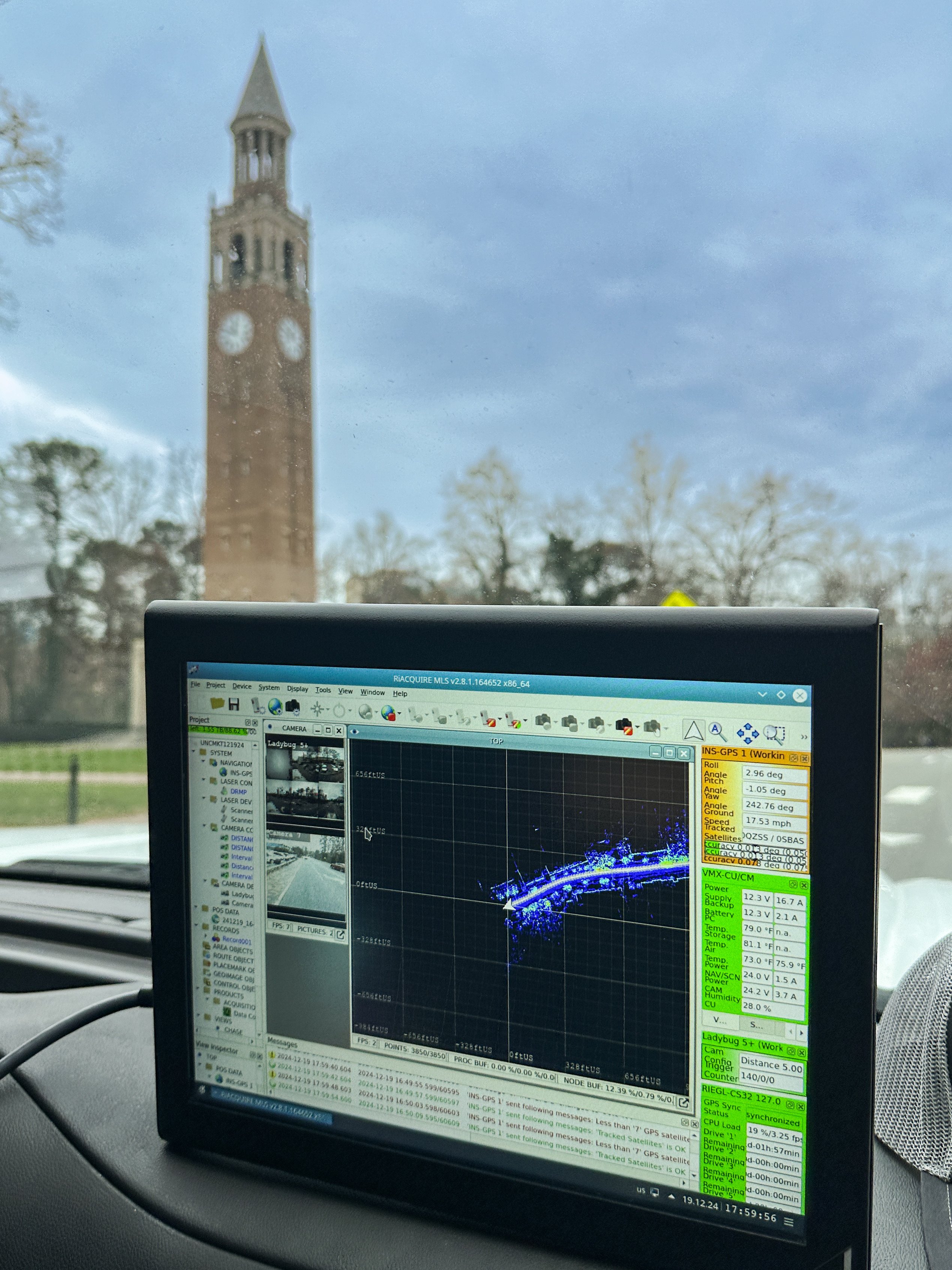
The mobile liDAR system’s capabilities are a significant asset in our work and helps both our team and our clients save time and resources.
This is just the beginning of our commitment to delivering high-quality, accurate results for our clients in the region while using advanced data collection techniques.
AJ Perkinson, PLS, serves as the Raleigh Survey Department Manager for DRMP’s Survey Market Sector.


